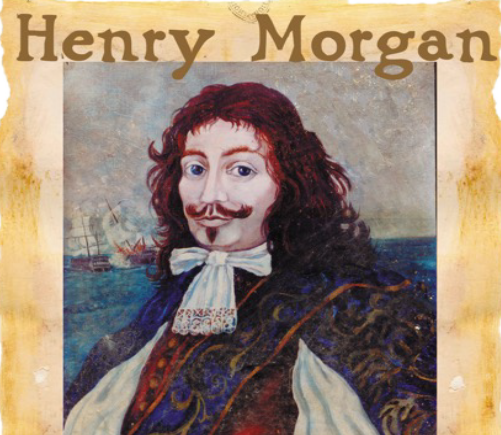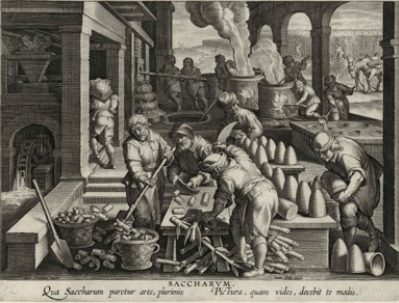Spanish
The arrival of the Europeans to Jamaica started in 1494 on Christopher Columbus’ second voyage to the Caribbean. The Spanish established formal control of the island from 1508 up to 1660 which had far reaching and devastating consequences, such as the destruction of the indigenous Taino population, enslavement of Africans and the introduction of sugar cultivation and other crops and animals that changed the landscape of Jamaica.
English
After failing to secure the valuable Spanish possession of Hispaniola, the English attacked Jamaica and successfully took control of the island from the Spanish in 1655. Through piracy and later the expansion of the sugar cultivation using enslaved labour, Jamaica became England’s most prosperous colony. The English, later the British, ruled Jamaica for over 300 years until August 6, 1962 with an enduring impact that is reflected in our system of government, laws and economy.
Jews
Jamaica became a refuge for Jews escaping religious persecution in Europe from as early as the 16th century during Spanish occupation of the island. Under English rule, Jews enjoyed religious freedom and a small Jewish population thrived in the colony. Although a very small group they have had a big impact on the island. Many prominent businesses are owned by Jewish families in Jamaica but more importantly their presence reflect the rich diversity of the Jamaican society.
Germans
The Germans arrived in Jamaica in the 1830s as indentured labourers to work on sugar plantations but the harsh working conditions and tropical climate drove many of them to leave the island for better opportunities in the United States. The few that remained in Jamaica had established communities in the mountainous interior of the island. The last remaining enclave where descendants of the Germans settled is Seaford Town in Westmoreland. Seaford Town was named after Lord Seaford, a prominent plantation owner who donated the land where the community was established.

Henry Morgan, the English Pirate who became Governor of Jamaica in the 17th century.

Print showing sugar being made by the Spanish in the 16th century. The Spanish established the first sugar plantations in Jamaica
